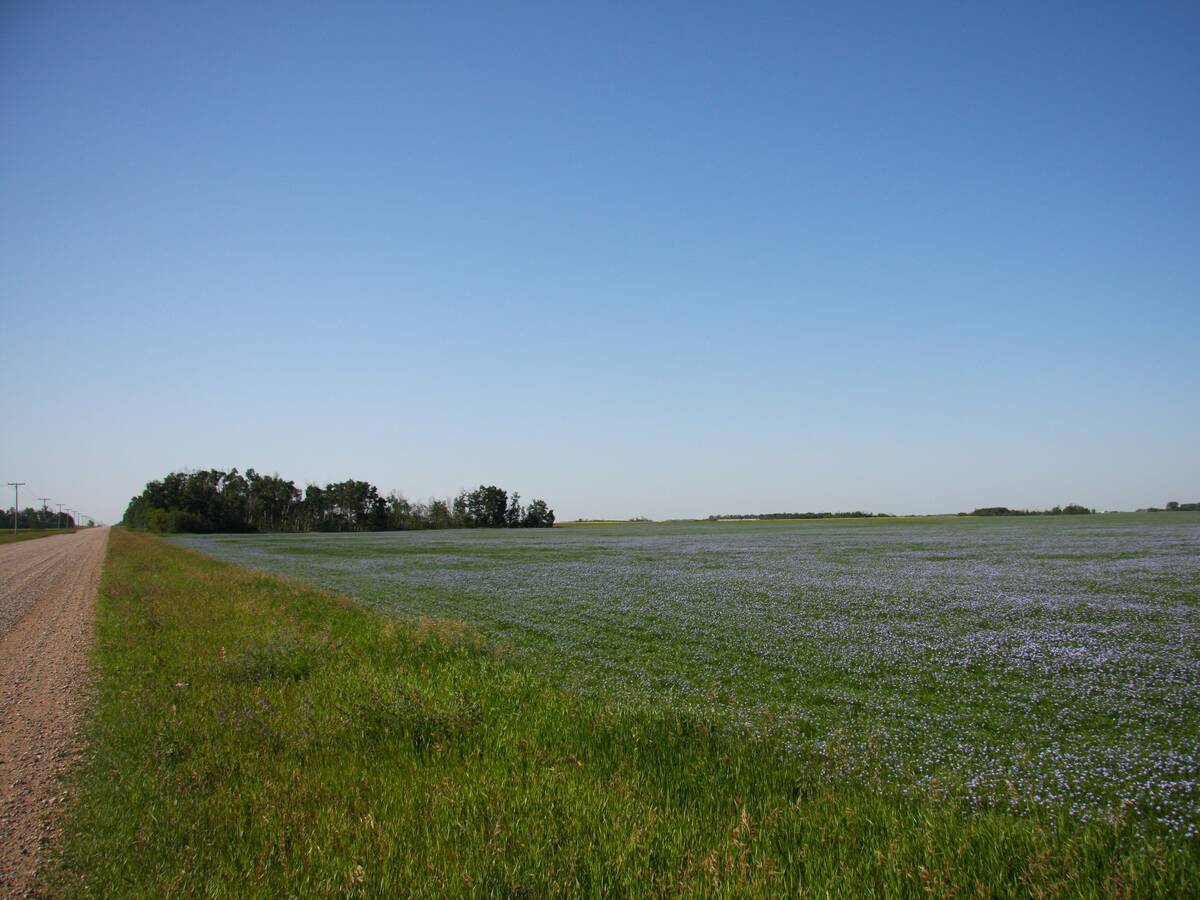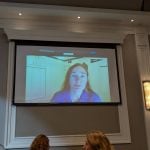Like all Conservative MPs, Randy Hoback was in his Commons seat Nov. 20 to applaud at appropriate times as prime minister Stephen Harper spoke about government plans in the new Parliament.
But on at least two occasions, the rookie MP from Prince Albert, Sask., was moved to add a bit more vigour to his applause.
The first came when Harper promised the reelected Conservative government would “continue to champion marketing freedom for western Canadian grain farmers.” As a former chair of the Western Canadian Wheat Growers’ Association, ending the Canadian Wheat Board monopoly is dear to Hoback’s heart.
Read Also

Farmland advisory committee created in Saskatchewan
The Saskatchewan government has created the Farm Land Ownership Advisory Committee to address farmer concerns and gain feedback about the issues.
The second came when Harper turned to plans to develop the north and to defend Canada’s Arctic sovereignty.
“We will proceed with a new polar class icebreaker named in honour of our late prime minister John George Diefenbaker,” he said.
That was music to the ears of the 40-year-old farmer who now represents the seat Diefenbaker once held.
“That will be big news in my riding,” Hoback said later.
The prime minister’s promises were just two in a week of highlights for Hoback, who, like almost 60 other first-timers, got his first taste of parliamentary life last week.
“It’s like you have to keep pinching yourself to prove that you are here and not dreaming,” he said.
Hoback is not entirely new to Parliament Hill.
For more than a year, he was parliamentary assistant to Saskatchewan MP David Anderson when Anderson was parliamentary secretary on the CWB file. He attended committee meetings and watched the system work.
“That gave me a bit of an advantage because I knew the landscape a bit,” he said. “But it is nothing, absolutely nothing, like being inside. Just the history that has happened in this place and the people. Diefenbaker sat in here. And now, holy crap, I’m an MP.”
He said the first time he walked into the House of Commons as an MP, it was a time to reflect on the road he had travelled to get there.
It was an amazing journey, one that has escalated almost to political warp speed in recent years.
He grew up on the family farm near Prince Albert, left to travel as an equipment salesperson and returned to the farm in 1999.
His first venture into farm politics came when his rural municipality asked him to represent it at the Agricultural Producers’ Association of Saskatchewan.
He went for a few meetings, was not impressed by how the organization operated and recommended his RM pull out.
But the pro-business outlook of the Western Canadian Wheat Growers’ Association that had all but collapsed impressed him.
He threw himself into helping rebuild it and became its chair, taking on international trade issues as one of his responsibilities.
And that, unexpectedly, started his rapid ascent up the political ladder. To that point, he had not been involved in partisan politics and had not campaigned for his local Conservative MP Brian Fitzpatrick.
In 2005, before a World Trade Organization ministerial meeting scheduled for Hong Kong, the WTO held a symposium in Geneva. Hoback and the wheat growers association decided he should go to stay on top of what was happening.
Anderson, then an opposition MP, decided to go as an unofficial observer. Although they had not met before, these two Saskatchewan farmers shared a room to cut costs.
They hit it off and when Anderson became parliamentary secretary responsible for the wheat board the next year, he asked Hoback if he would come to Ottawa as an assistant.
As luck would have it, Hoback had decided that after several crop disasters and low grain prices, he was not going to put more money into the farm.
He took the job and caught the political bug. Then one day while flying back to Saskatchewan at the end of the week, he sat beside Fitzpatrick and casually told him if he ever decided to retire, he would be interested in running for the nomination.
Within months, Fitzpatrick called with the news he would not run again and the race was on for the hotly contested nomination in a riding that is a safe Conservative bet.
On Oct. 14, little more than three years after his life-changing trip to Geneva, Hoback won more than 56 percent of the vote in the riding that had been represented by two prime ministers, Diefenbaker and William Lyon Mackenzie King, and elected a third, Wilfrid Laurier, although he never sat as a Prince Albert MP.
“You could not plot out a career path as incredible as the one I have been on,” Hoback said.
“I really think the big guy has been looking out for me.”














